12 GPTs for Microservices Powered by AI for Free of 2025
AI GPTs for Microservices are advanced tools designed to leverage the capabilities of Generative Pre-trained Transformers (GPTs) in the specific context of microservices architecture. These tools are engineered to provide tailored solutions that assist in the development, management, and optimization of microservices. By integrating AI GPTs, businesses and developers can harness the power of artificial intelligence to automate tasks, enhance decision-making, and improve service efficiency and reliability. The role of GPTs in this domain is crucial, offering bespoke solutions that cater to the nuanced needs of microservices environments.
Top 10 GPTs for Microservices are: Spring,IT Architecture Diagram Generator,FastAPI,Flask,Dockerfile and Docker-Compose Generator,Java后端全栈,Domain Driven Design Architect,Fast API Ninja,Docker,NodeJS 20.x
Spring
Power your Java applications with AI
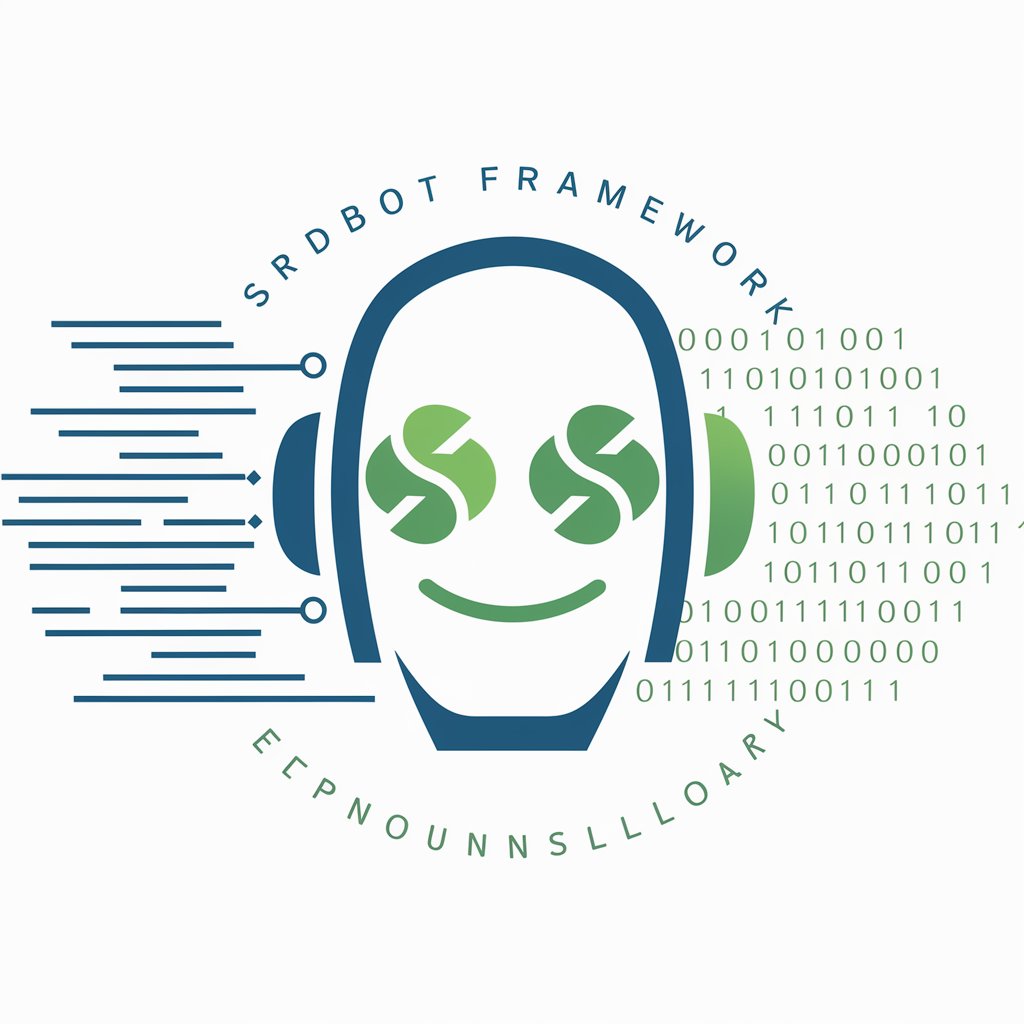
IT Architecture Diagram Generator
AI-powered tool for generating IT architecture diagrams

FastAPI
AI-powered, lightning-fast API framework

Flask
Powering web apps with simplicity and flexibility.

Dockerfile and Docker-Compose Generator
Simplify Docker setup with AI-powered generation.
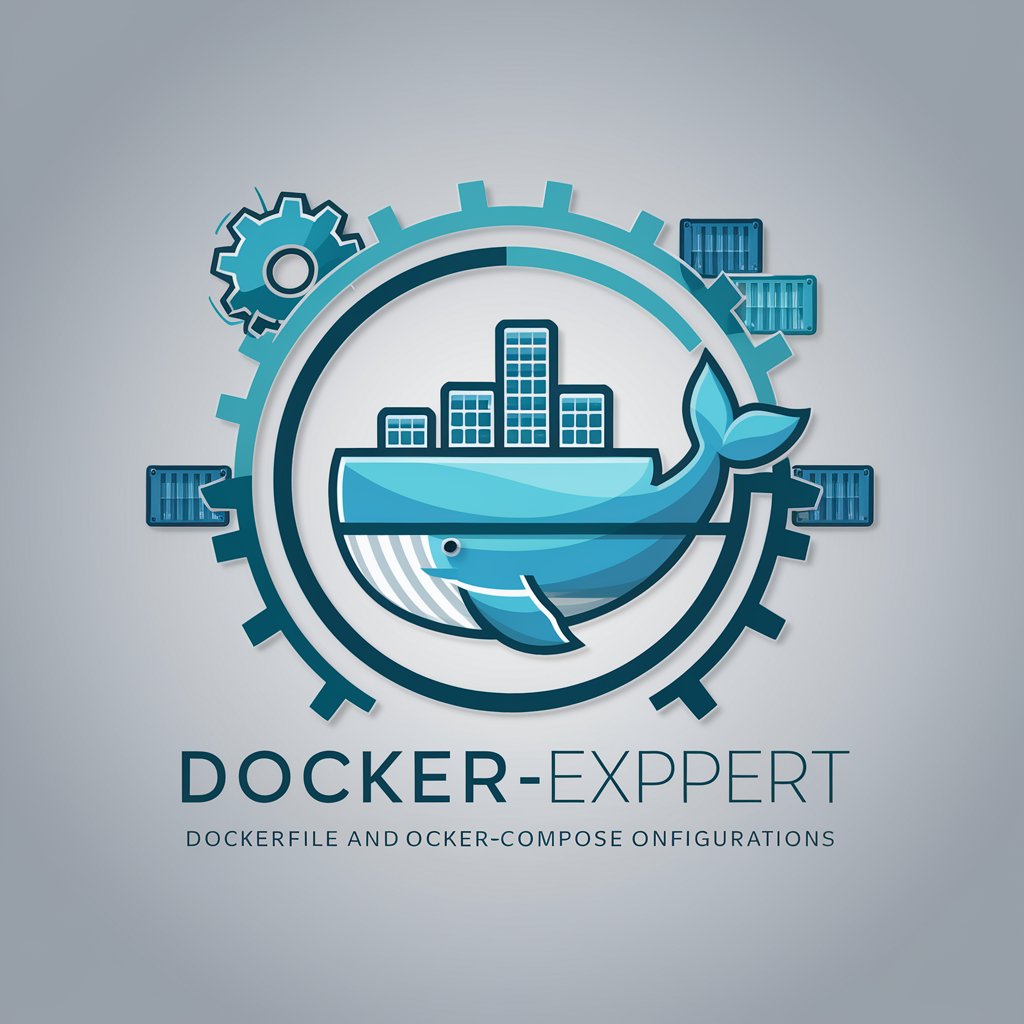
Java后端全栈
Empowering Java backend development with AI.

Domain Driven Design Architect
AI-driven architecture for complex domains

Fast API Ninja
Accelerate API Development with AI
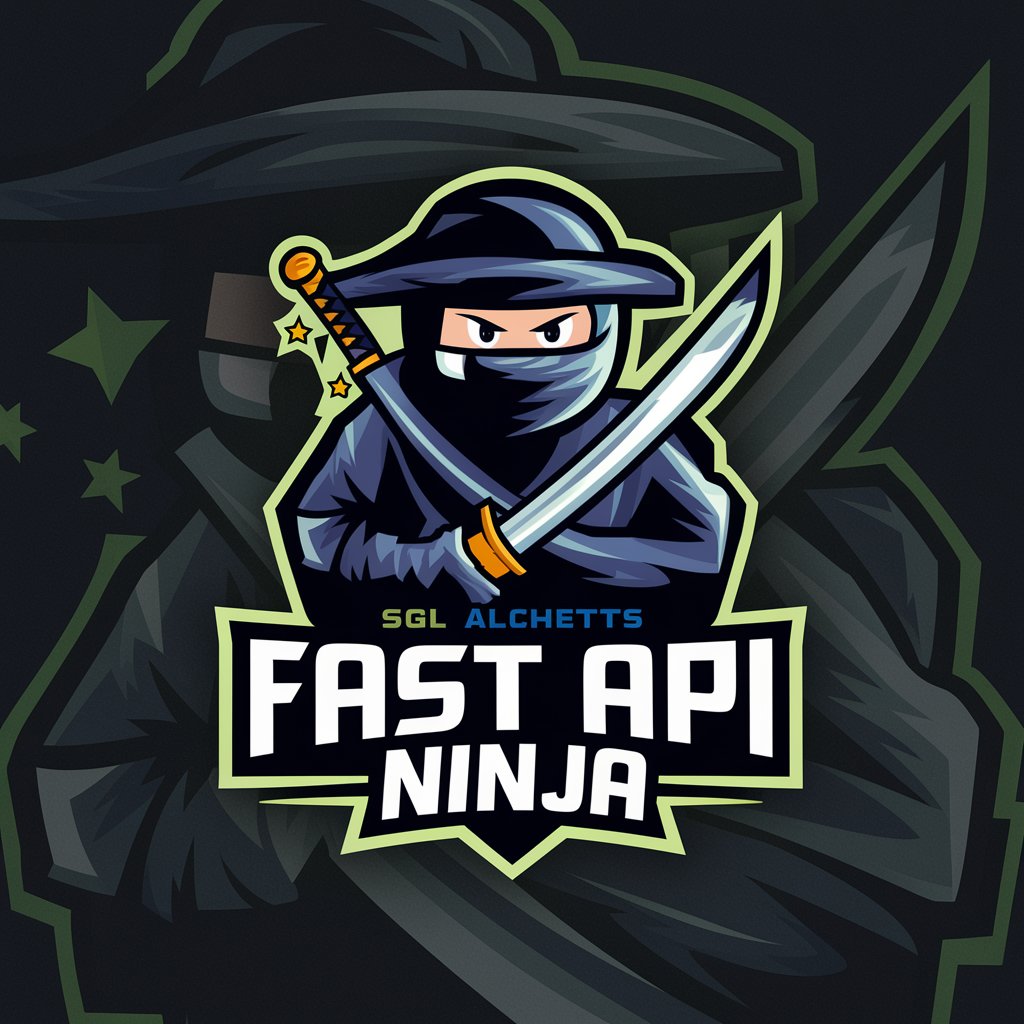
Docker
Streamline development with AI-powered Docker
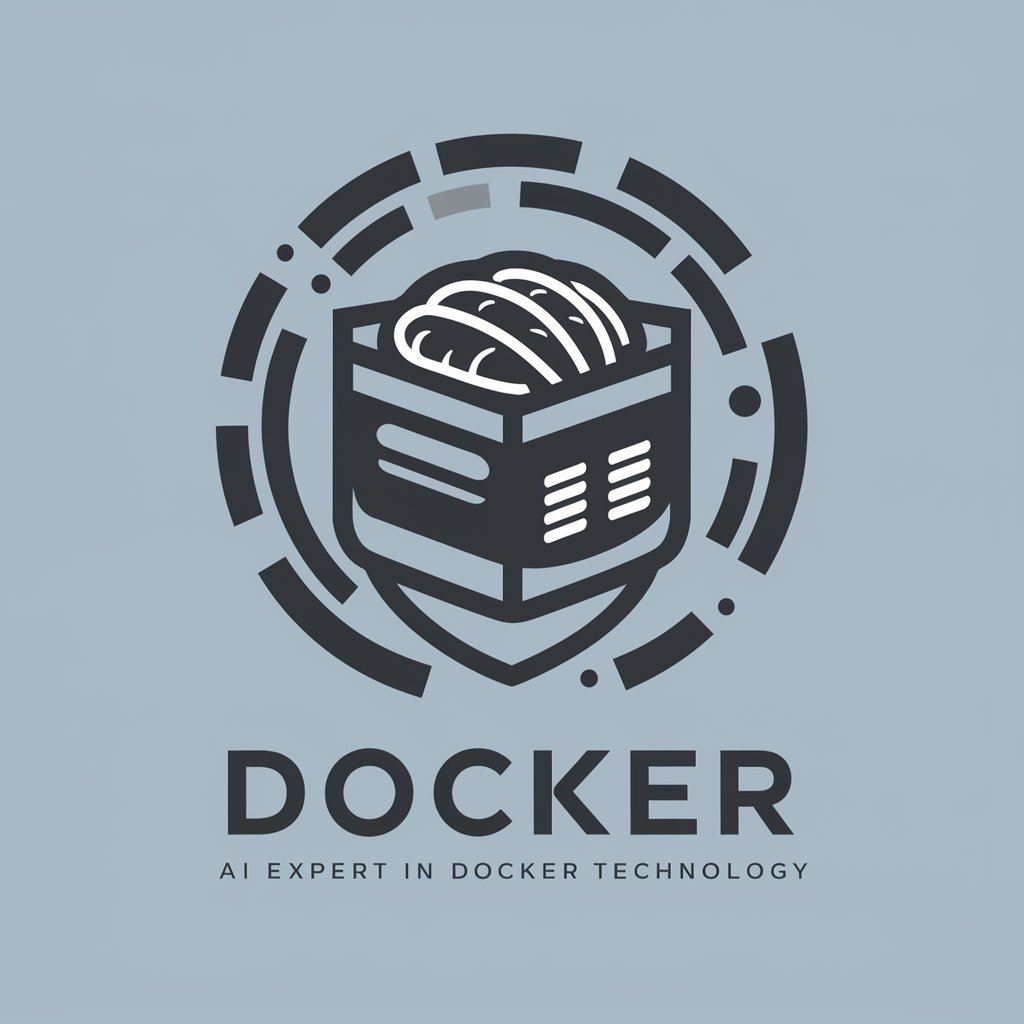
NodeJS 20.x
Power your applications with NodeJS 20.x
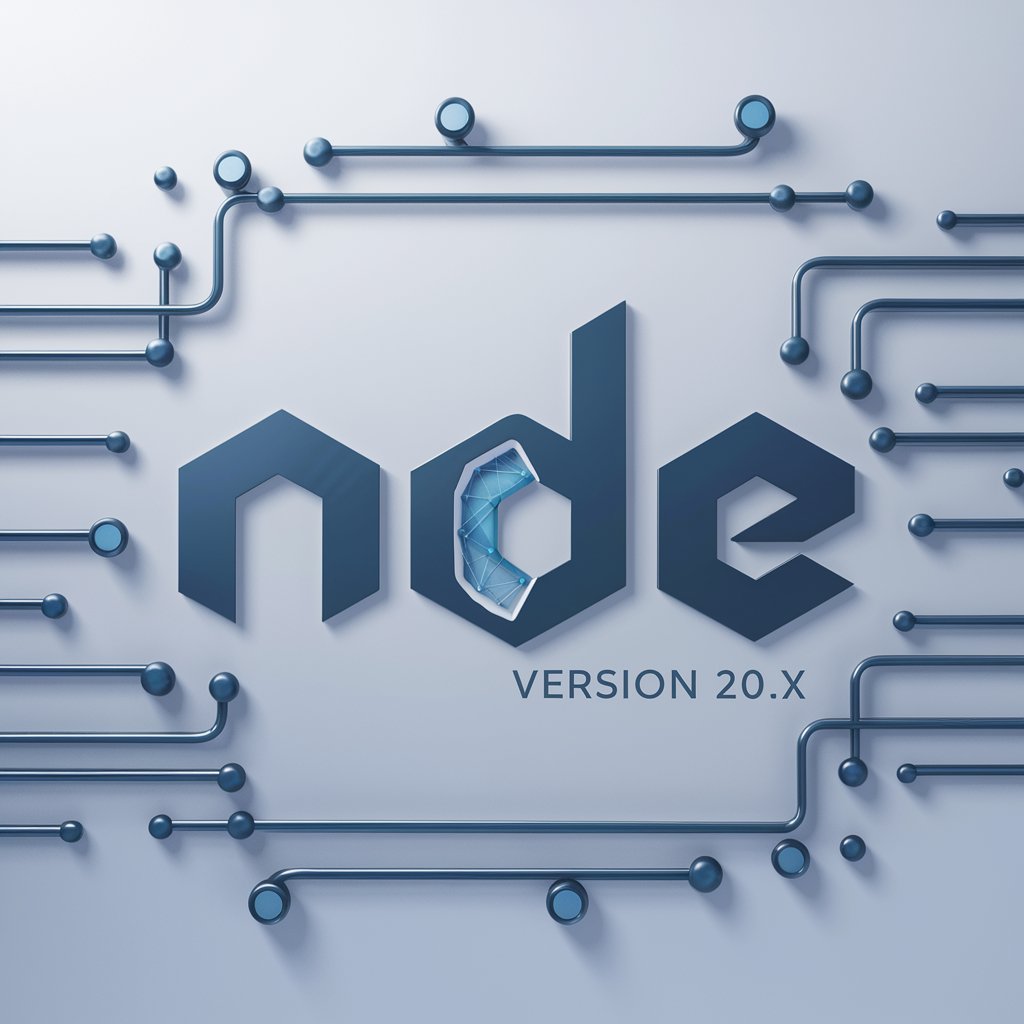
NodeJS 18.x
Powering real-time, scalable applications with AI
🌐 Spring Boot RESTful Service
Power your applications with AI-driven RESTful services
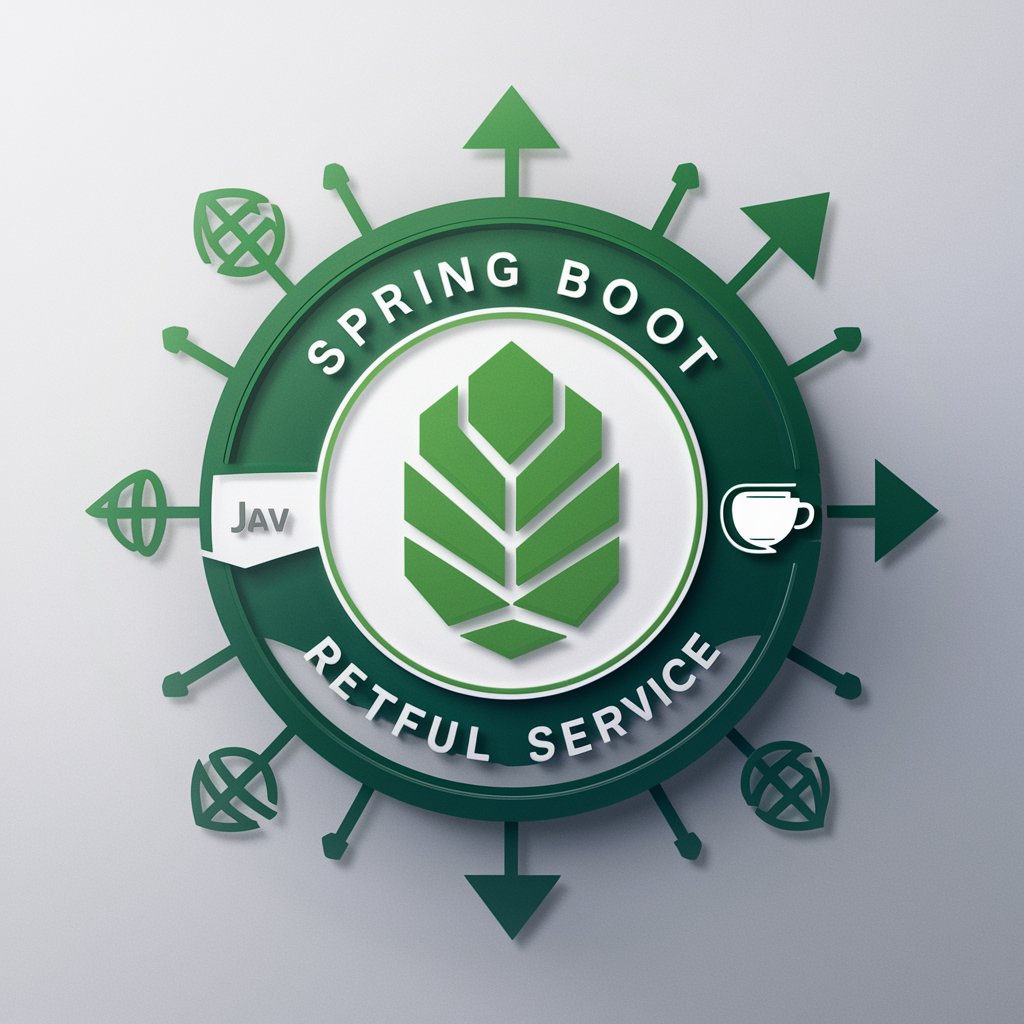
Principal Characteristics and Abilities
AI GPTs tools for Microservices exhibit unique characteristics and capabilities, emphasizing their adaptability across a range of functions. These include advanced language understanding for generating and interpreting complex commands, technical support for debugging and optimizing microservices, web searching for real-time information gathering, image creation for visual documentation, and data analysis for insightful decision-making. Special features also encompass the ability to learn and adapt to specific microservices architectures, providing personalized recommendations and solutions.
Who Benefits from AI GPTs in Microservices
The target audience for AI GPTs tools for Microservices includes a broad spectrum of users, from novices and developers to professionals in the field. These tools are designed to be accessible to individuals without coding skills, offering intuitive interfaces and guidance. Simultaneously, they provide advanced customization options for those with programming expertise, allowing for deeper integration and tailored functionality within microservices environments.
Try Our other AI GPTs tools for Free
DM Collaboration
Explore how AI GPTs revolutionize DM Collaboration with tailored solutions, enhancing creativity and efficiency in team projects. Discover tools designed for everyone from novices to professionals.
Deployment Assistance
Explore how AI GPTs for Deployment Assistance revolutionize software deployment, offering automation, optimization, and intelligent insights to streamline processes.
Personal Privacy
Discover how AI GPTs for Personal Privacy leverage advanced AI to protect your data, ensuring secure communication and confidentiality in the digital age.
Confidential Storage
Discover the power of AI GPTs for Confidential Storage, offering unmatched security and privacy for your sensitive data with user-friendly and customizable solutions.
News Literacy
Explore AI GPTs for News Literacy: cutting-edge tools designed to enhance media literacy, combat misinformation, and foster a well-informed public through advanced AI capabilities.
Business Coaching
Unlock the power of AI for your business with GPT-powered coaching tools. Get personalized advice, strategic insights, and data-driven solutions to navigate the complexities of business management and growth.
Expanding Horizons with AI GPTs in Microservices
AI GPTs function as versatile solutions across different sectors, adapting to unique requirements of microservices architectures. They offer user-friendly interfaces that simplify complex processes, and their integration capabilities allow for seamless incorporation into existing systems, enhancing workflow efficiency and innovation.
Frequently Asked Questions
What are AI GPTs for Microservices?
AI GPTs for Microservices are artificial intelligence tools designed to support and enhance the development and management of microservices by leveraging the capabilities of Generative Pre-trained Transformers.
How do AI GPTs tools adapt to different microservices tasks?
These tools utilize advanced machine learning algorithms to understand and adapt to various tasks within the microservices domain, offering tailored solutions ranging from automated coding assistance to service optimization.
Can non-programmers use AI GPTs tools for Microservices effectively?
Yes, these tools are designed with intuitive interfaces that allow non-programmers to benefit from AI-driven insights and automation, making microservices more accessible to a wider audience.
What are the customization options for developers using AI GPTs in Microservices?
Developers can leverage API integrations, script custom functionalities, and utilize advanced configuration options to tailor the AI GPTs tools to their specific microservices architecture and needs.
Are AI GPTs for Microservices capable of real-time data analysis?
Yes, these tools are equipped with the capability to perform real-time data analysis, offering insights and recommendations to improve service performance and decision-making.
How do AI GPTs enhance the debugging process in microservices?
AI GPTs can automatically detect and diagnose issues within microservices, providing precise debugging information and suggesting optimizations to improve reliability and efficiency.
Can AI GPTs tools for Microservices generate documentation?
Yes, they can automatically generate comprehensive and up-to-date documentation for microservices architectures, facilitating better understanding and maintenance.
What is the impact of AI GPTs on microservices development time?
By automating various aspects of the development process, AI GPTs can significantly reduce the time required to build and deploy microservices, accelerating project timelines.